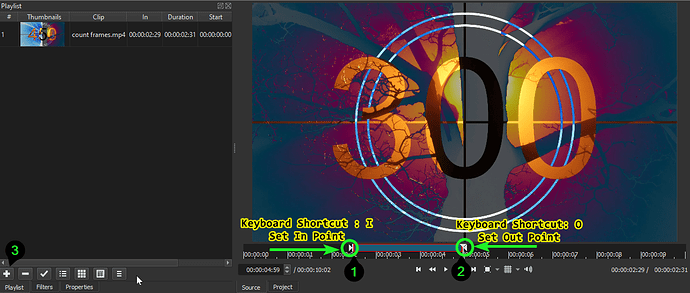

The underlying causes of the crisis, according to these physicists, range from psychosocial factors such as academic groupthink on the one hand to philosophical and scientific factors on the other. And now, some physicists are starting to dissent.ĭissenting physicists argue that there are flaws in the formalism and methodology of some of the approaches to quantum gravity, particularly string theory. Although the empirical situation is no longer so bleak, the data available is still unlikely to be sufficient to lead to a new theory or strongly support any of the current attempts at finding one. Indeed, until recently, there were no observational results agreed to be evidence of quantum gravitational effects, and none of the attempts at a theory made any testable predictions. The reason that physicists want a theory of quantum gravity is not that there are any anomalous observations or unexplained experimental results that indicate a need to replace general relativity. How might we "diagnose" it? Here, I explore this question, and suggest that the answer is connected to another question-what is quantum gravity? But it is not obvious what the crisis is. The fact that a theory of quantum gravity hasn't been found reflects a crisis in physics.

For more than 70 years, they have been trying to find its successor: a theory of quantum gravity.

While this theory is remarkably successful at describing the universe, physicists have long wanted to do away with it. Our best description of gravity is Einstein's theory of general relativity, which tells us that the effects we observe are due to the interaction of objects with spacetime. We observe its effects in the drooping of our bodies, the falling of sand through an hourglass, and the passing of the years as the Earth orbits the Sun. If we have a clearer understanding of the question “what is quantum gravity”, we will be better equipped to find our answer, writes Karen Crowther.


 0 kommentar(er)
0 kommentar(er)
